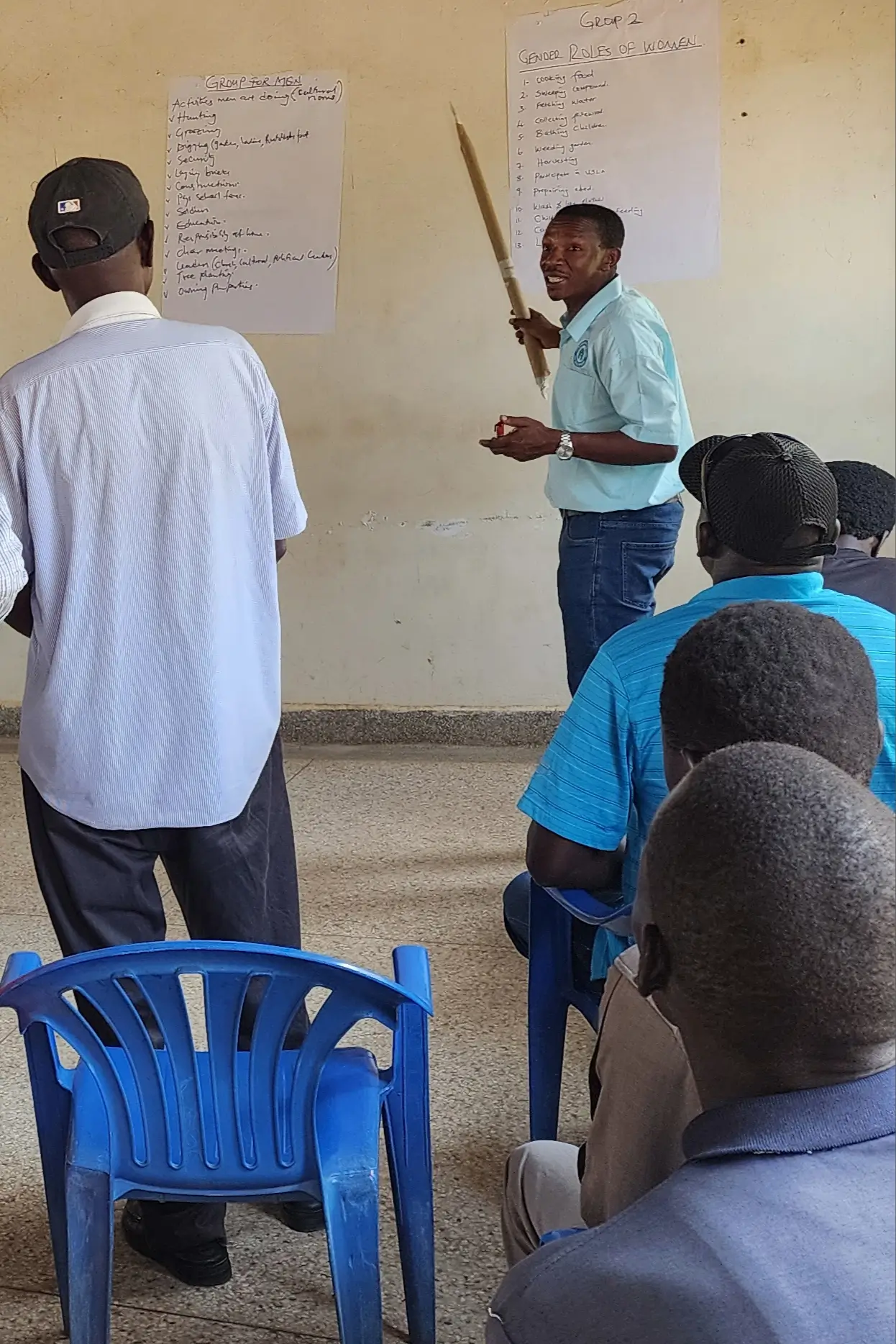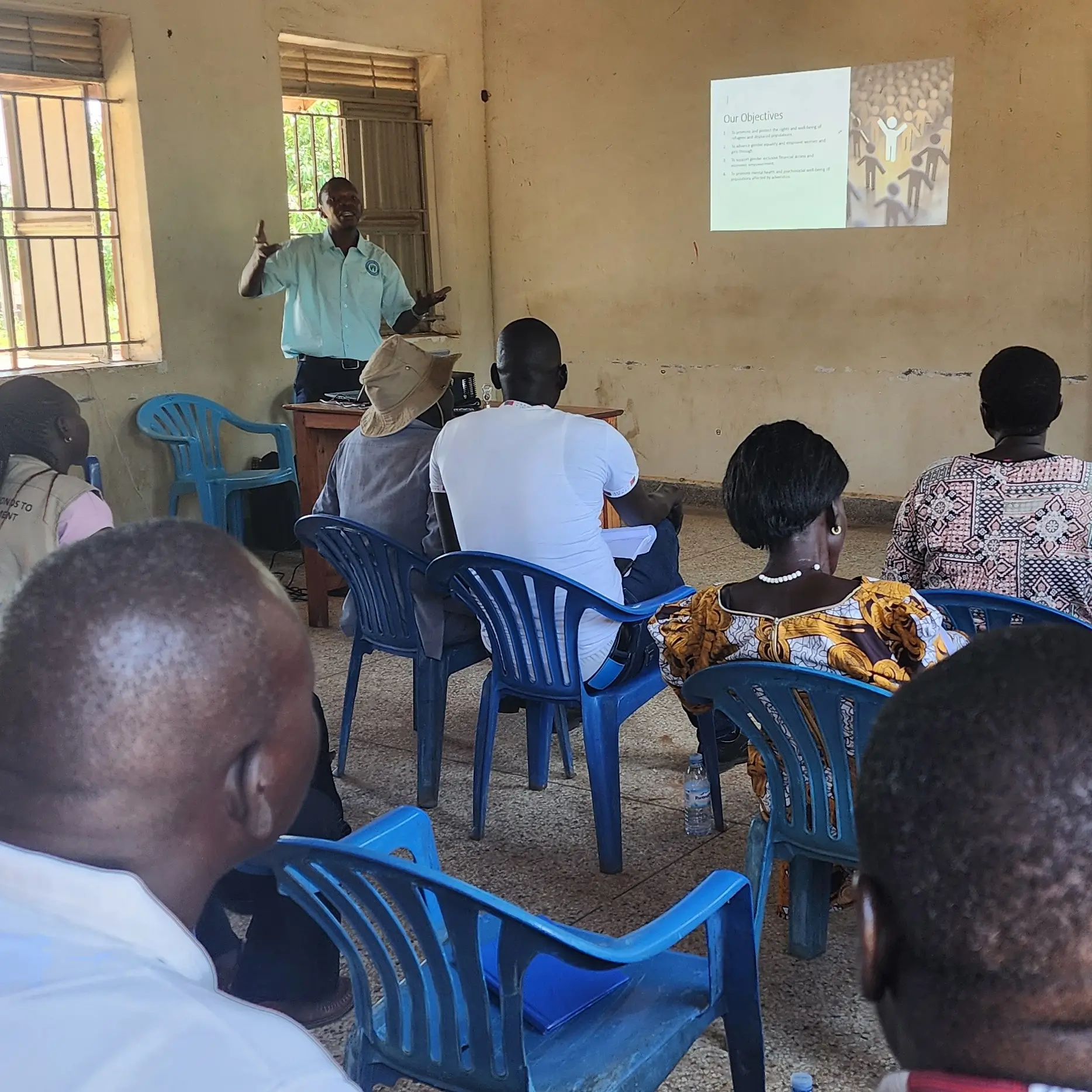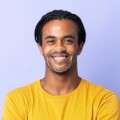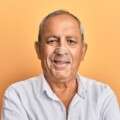
Join Our Mission to Restore Hope
Make a Donation
Volunteer with Us
Become a Partner
Where Humanitarian Aid Meets Human Potential.


Our work empowers individuals and communities to overcome adversity and thrive.
Standing With Uganda’s Most Vulnerable
Humanitarian Response and Development (HRD) is a national NGO dedicated to improving lives through inclusive humanitarian response and long-term development programs. Our work supports conflict-affected and marginalized communities by restoring dignity, reducing poverty, and creating sustainable solutions for resilience and self-reliance.

Our Work in Numbers, Our Impact in Lives
We combine data with human stories to show how our programs deliver hope and lasting change.
Refugees
Over 10,000 refugees reached with humanitarian aid
Women
Empowered through skills and financial programs

Beatae vitae dicta sunt explicabo. Nemo enim ipsam voluptatem quia voluptas aspernatur aut odit aut fugit, sed. Beatae vitae dicta. Adipiscing elit, sed do eiusmod tempor incididunt.
Labore et dolore magna aliqua ut enim ad minim. Adipiscing elit, sed do eiusmod tempor incididunt ut labore.
April White

Beatae vitae dicta sunt explicabo. Nemo enim ipsam voluptatem quia voluptas aspernatur aut odit aut fugit, sed. Beatae vitae dicta. Adipiscing elit, sed do eiusmod tempor incididunt.
Labore et dolore magna aliqua ut enim ad minim. Adipiscing elit, sed do eiusmod tempor incididunt ut labore.
Luke Fulton

Beatae vitae dicta sunt explicabo. Nemo enim ipsam voluptatem quia voluptas aspernatur aut odit aut fugit, sed. Beatae vitae dicta. Adipiscing elit, sed do eiusmod tempor incididunt.
Labore et dolore magna aliqua ut enim ad minim. Adipiscing elit, sed do eiusmod tempor incididunt ut labore.
Eric Francis
Where We Work
HRD works in refugee-hosting districts like Adjumani and other underserved communities.
We collaborate with local leaders and community-based structures to make a lasting impact.
Refugees and Host Communities
Internally Displaced Persons (IDPs)
Women and Youth
Persons with Disabilities (PWDs)
Success Stories
FINDING HIS VOICE – HOW ROLE MODEL MEN ARE DRIVING GBV PREVENTION
In many communities, silence has long surrounded the issue of gender-based violence (GBV). But for one Role Model Man, that silence was broken when he participated in a Women’s Rights…
A NEIGHBOR’S COMFORT – HOW CBPS IS EMPOWERING WOMEN TO SUPPORT EACH OTHER
For Joyce, a mother and member of a Village Savings and Loan Association (VSLA), life had taught her resilience. Yet when her neighbour lost her husband, Joyce felt powerless. She…
A Father’s Heart Under Strain – How CBPS Skills Brought Hope to a Family and Community
Parenting is often described as a journey of love, sacrifice, and hope for the future. But for Ocen (not his real name), a refugee father living in Adjumani, this journey…
FROM “NOT MY ROLE” TO “OUR PARTNERSHIP”: DANIEL’S JOURNEY REDEFINING MASCULINITY
Daniel, a respected elder in his community, entered our Positive Masculinity training believing firmly that household chores were a woman’s responsibility. He had never helped at home, seeing it as&
THE POWER OF LISTENING: GRACE’S JOURNEY WITH EYES, EARS, AND HEART
Grace, aged between 36 and 60, walked into our training with an unspoken worry lingering on her lips: “What do I even say when someone is hurting deeply?” That internal…
During the training of role model men, Daniel, a respected elder from the community, shared a transformative experience. Prior to the training, Daniel believed that household roles were strictly divided along gender lines. He admitted that he had never participated in household chores, viewing them as the sole responsibility of women.
However, through the sessions on gender norms and positive masculinity, Daniel began to reflect on how such beliefs had negatively impacted his family. Inspired by the discussions, he decided to take a new approach at home. He began helping his wife with daily tasks and engaging more meaningfully with his children.
Daniel reported that these changes improved communication in his family and reduced tension in the household. His actions have since inspired other men in the village, who now view him as a positive role model. “I used to think that helping my wife in the kitchen would make me less of a man,” he said. “Now I realize that real strength is in partnership and respect.”
His story is a testament to the power of engaging men in gender equality initiatives and highlights the importance of addressing deep-rooted social norms through inclusive and community-based approaches.
Grace, one of the participants aged 36-60, shared: “Before this training, I didn’t know what to say to someone in crisis. Now, I know how to listen with my eyes, ears, and heart.” Her confidence grew notably during simulations and she committed to supporting women in her community members facing distress.
One of the participants shared a personal experience of emotional distress caused by his son, who has persistently refused to attend school despite the parents’ efforts, including paying school fees. The son’s behaviour, including constant financial demands and rejection of educational opportunities, has been a source of frustration and concern for the family. However, by the end of the training, the participant expressed renewed confidence and pledged to apply the Community-Based Psychosocial Support (CBPS) skills acquired to provide counselling and emotional support to his family and other community members facing similar challenges.
Joyce, a 36 – 60-year-old VSLA member, shared how the training changed her perspective: “I now know how to support my neighbor who lost her husband. Before, I feared saying the wrong thing. Now I can listen and help her feel safe.”
One of the Role Model Men shared how participating in the WRD event gave him the confidence to speak publicly about GBV prevention. He reported that after the event, several community members approached him seeking information on available GBV services, indicating the positive ripple effect of the advocacy efforts.
